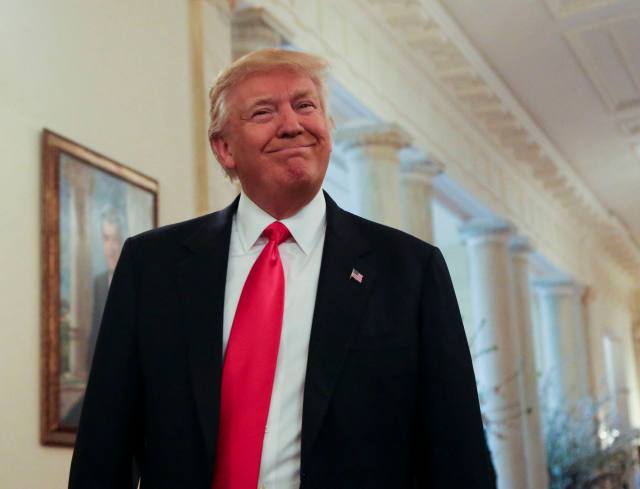Credit: Aude Guerrucci / Pool via CNP – NO WIRE SERVICE- Photo: Aude Guerrucci/Consolidated News Photos/Aude Guerrucci – Pool via CNP

Yesterday, in the first two of five video clips from UnHerd’s interview with Jacob Rees-Mogg we focused on the state of British politics and also a little bit of religion. Today the topics are capitalism and the people and communities who appear to be at the sharp end of change.
Yesterday he was backing workers rights and today we learn that – like most of us – the Conservative MP for North East Somerset is not prepared to defend the telephone number salaries of so many CEOs of big businesses. JRM notes that the vast majority of business chiefs aren’t even risking their own capital and whenever things do go wrong in their companies – as Harriet Maltby has fumed – there’s often no or little downside for executive managers. It’s extraordinary, Rees-Mogg tells our interviewer Charlotte Pickles, that shareholders don’t already have the powers they should automatically possess to ensure sense is restored to boardroom pay.
JRM backed Trump’s controversial tax cuts package which many (including UnHerd’s Liam Halligan) have warned will largely benefit the rich and worsen the USA’s already large federal deficit. Mr Rees-Mogg’s response to those criticisms? ‘You don’t make the poor richer by making the rich poorer’ and that tax cuts can pay for themselves because – as the economist Arthur Laffer famously argued – they unleash greater risk-taking and make work more attractive. It is true that most reductions in the tax burden do increase positive economic incentives. The evidence, however, is that most tax cuts fall well short of financing themselves.
If Jacob backed the Trump White House’s tax policy he warned that the President’s protectionist instincts risked creating higher prices for American consumers and a general down-turn in world trade which could jeopardise the last 25 years of historic progress in reducing global poverty. He said we needed to do more for the casualties of globalisation and of economic change but closing our markets to the world wouldn’t help anyone. The White House is expected to make a decision on trade relations with China very soon and because the US President’s core voters believe the companies they work for don’t enjoy a fair fight with many overseas companies, there may well be political trouble for him in not acting. Henry Olsen blogged the polling numbers yesterday.
Tomorrow in the final clip of our interview, the subject will be policy towards the tech giants and how governments should ensure that the likes of Facebook and Google are our servants and not our masters.










Join the discussion
Join like minded readers that support our journalism by becoming a paid subscriber
To join the discussion in the comments, become a paid subscriber.
Join like minded readers that support our journalism, read unlimited articles and enjoy other subscriber-only benefits.
Subscribe